- About
- Our Members
- Scholars
- Scholar Alums
- Scholar Research and Accolades
- Partners
-
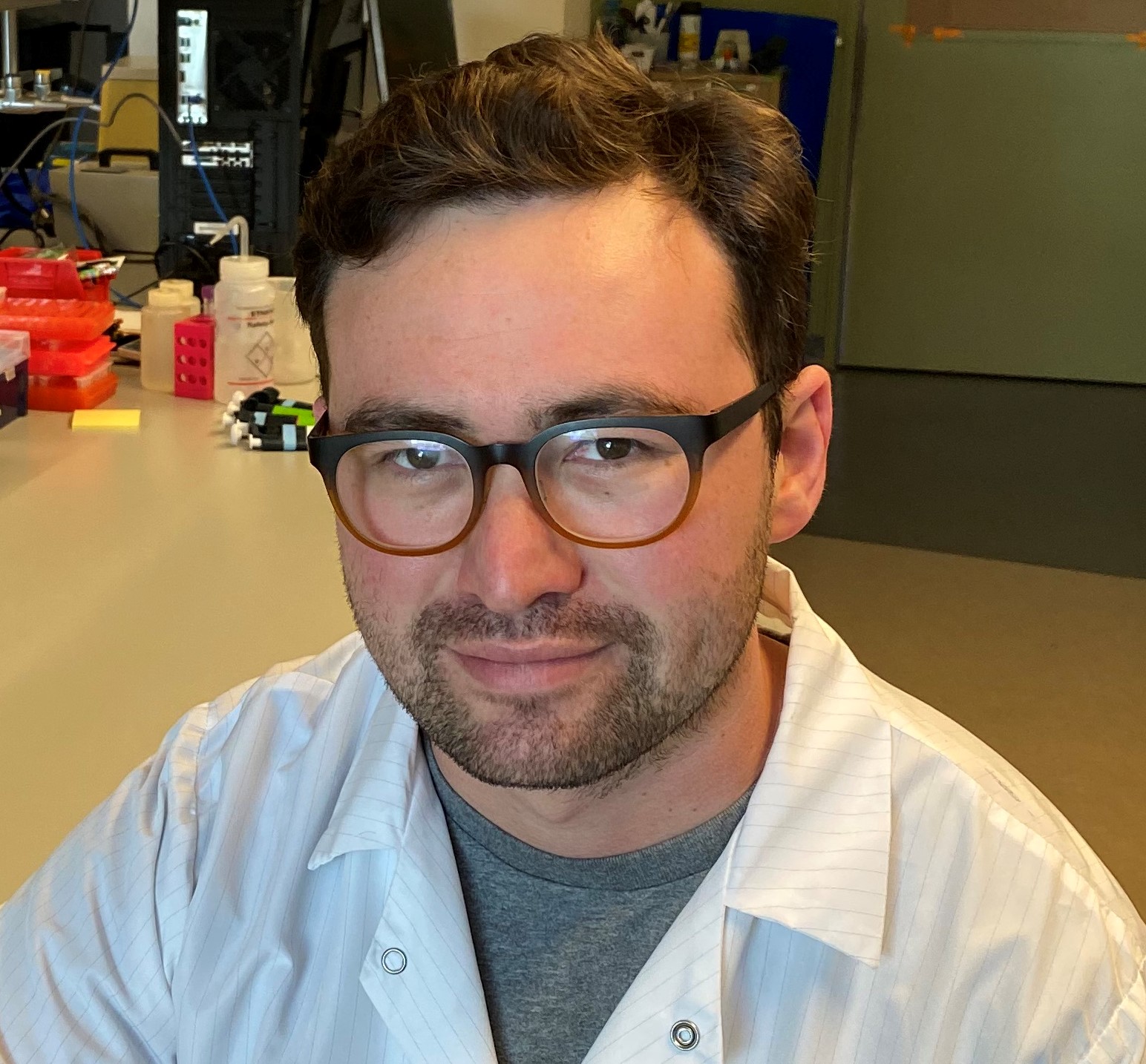 Jeremiah Tsyporin, University of California, Santa Cruz“As I enter the final year of my PhD, I am beginning to look for mentors to oversee my post-doctoral training. One of the significant ways I can find a mentor is through the networking opportunities offered at conferences. Without this generous support, these opportunities to share my work with the greater neuroscience community would have been impossible for me. In addition to attending conferences and connecting with neuroscientists worldwide, support from ARCS has helped ease the economic burdens associated with the cost of living in Santa Cruz. Because I don’t have to focus so heavily on dealing with basic needs, I have the freedom to spend more time and mental energy focused on research and intellectual pursuits central to a successful PhD.”
Jeremiah Tsyporin, University of California, Santa Cruz“As I enter the final year of my PhD, I am beginning to look for mentors to oversee my post-doctoral training. One of the significant ways I can find a mentor is through the networking opportunities offered at conferences. Without this generous support, these opportunities to share my work with the greater neuroscience community would have been impossible for me. In addition to attending conferences and connecting with neuroscientists worldwide, support from ARCS has helped ease the economic burdens associated with the cost of living in Santa Cruz. Because I don’t have to focus so heavily on dealing with basic needs, I have the freedom to spend more time and mental energy focused on research and intellectual pursuits central to a successful PhD.” -
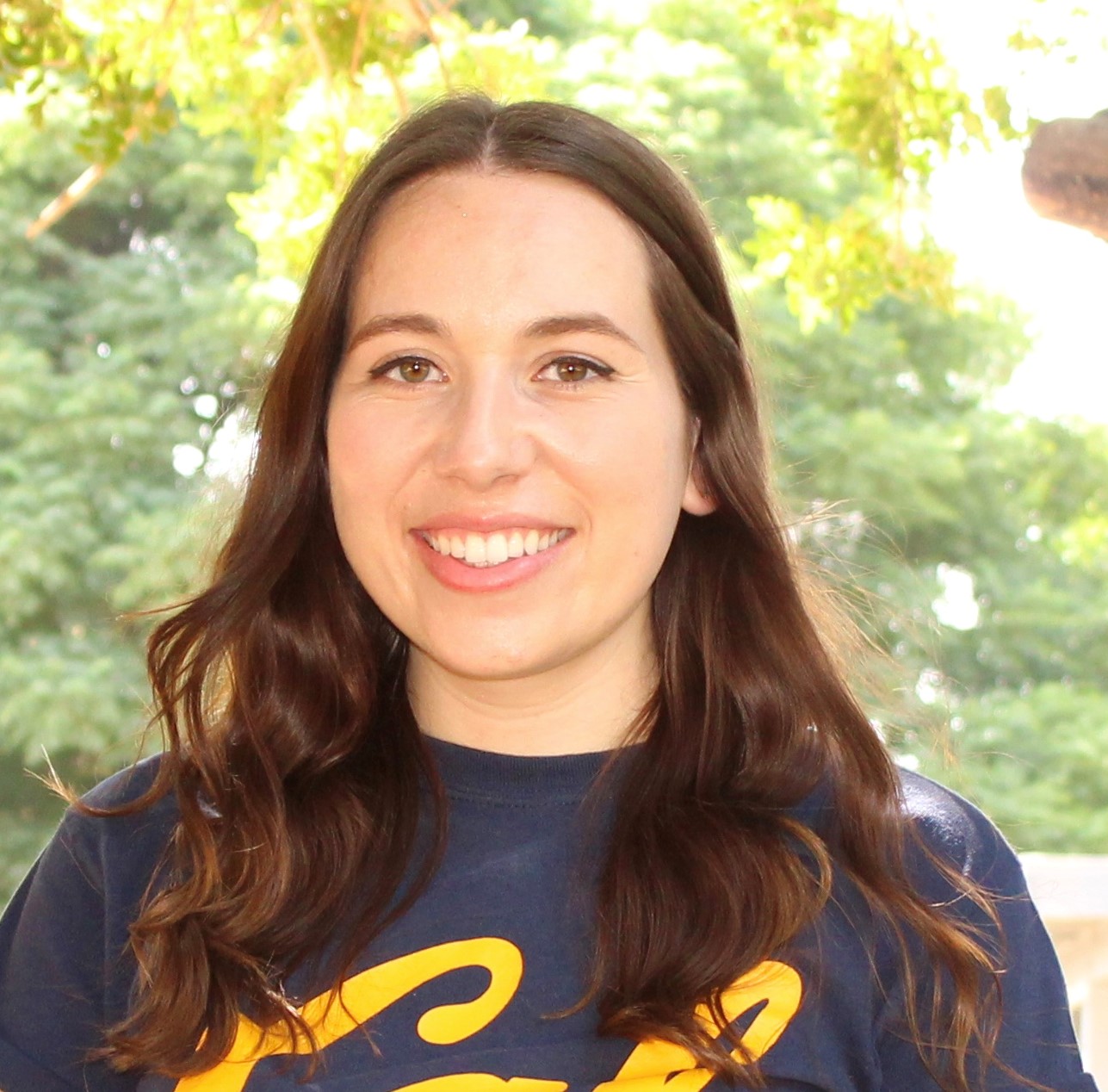 Rachelle Stark, University of California, Berkeley“I grew up in a low-income community in San Bernardino, California where I directly saw the harsh reality of how diet contributes to many diseases (diabetes, cardiovascular disease, obesity, etc.). These preventable diseases tragically took the lives of many people in my community. For these reasons, doing research related to nutrition/metabolism is extremely important and fulfilling to me. The [ARCS Award] gives me more options for labs because I will not have to rely on the funding of the lab I choose and can instead choose a lab purely based on my research interests. The funding will also give me more time to work on the research that I find so important and fulfilling.”
Rachelle Stark, University of California, Berkeley“I grew up in a low-income community in San Bernardino, California where I directly saw the harsh reality of how diet contributes to many diseases (diabetes, cardiovascular disease, obesity, etc.). These preventable diseases tragically took the lives of many people in my community. For these reasons, doing research related to nutrition/metabolism is extremely important and fulfilling to me. The [ARCS Award] gives me more options for labs because I will not have to rely on the funding of the lab I choose and can instead choose a lab purely based on my research interests. The funding will also give me more time to work on the research that I find so important and fulfilling.” -
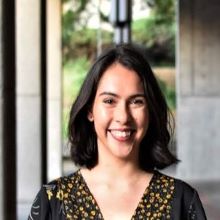 Katherine Montana, San Francisco State University“I will be pursuing my master’s degree in integrative biology at San Francisco State University and conducting my research at the California Academy of Sciences. I am thrilled to get started on my research and mentoring projects. … This combination of research activities will offer me the opportunity to build my technical lab skills, storytelling abilities, and capacity to help other students succeed in science. ... I am deeply honored to receive the [ARCS Award] and take great joy in starting graduate school. I thank you for making this possible for me. I am ready to get to work.”
Katherine Montana, San Francisco State University“I will be pursuing my master’s degree in integrative biology at San Francisco State University and conducting my research at the California Academy of Sciences. I am thrilled to get started on my research and mentoring projects. … This combination of research activities will offer me the opportunity to build my technical lab skills, storytelling abilities, and capacity to help other students succeed in science. ... I am deeply honored to receive the [ARCS Award] and take great joy in starting graduate school. I thank you for making this possible for me. I am ready to get to work.” -
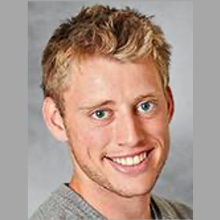 Micah Swann, University of California, Davis“I’m conducting applied limnological research on the pristine lakes of Northern Patagonia, in collaboration with Fundación Chile Lagos Limpios. This model will be used to investigate how the physics and water quality of these pristine lakes wi1l be impacted by climate change and watershed development over the course of the 21st century. In September 2019, I had my first opportunity to visit Northern Patagonia … but due to Covid-19 safety and travel restrictions, I have not had the opportunity to return to Chile. With your financial support, I will be able to return to the region in January 2022 and continue collecting data to improve the accuracy of the lake model under development.”
Micah Swann, University of California, Davis“I’m conducting applied limnological research on the pristine lakes of Northern Patagonia, in collaboration with Fundación Chile Lagos Limpios. This model will be used to investigate how the physics and water quality of these pristine lakes wi1l be impacted by climate change and watershed development over the course of the 21st century. In September 2019, I had my first opportunity to visit Northern Patagonia … but due to Covid-19 safety and travel restrictions, I have not had the opportunity to return to Chile. With your financial support, I will be able to return to the region in January 2022 and continue collecting data to improve the accuracy of the lake model under development.” -
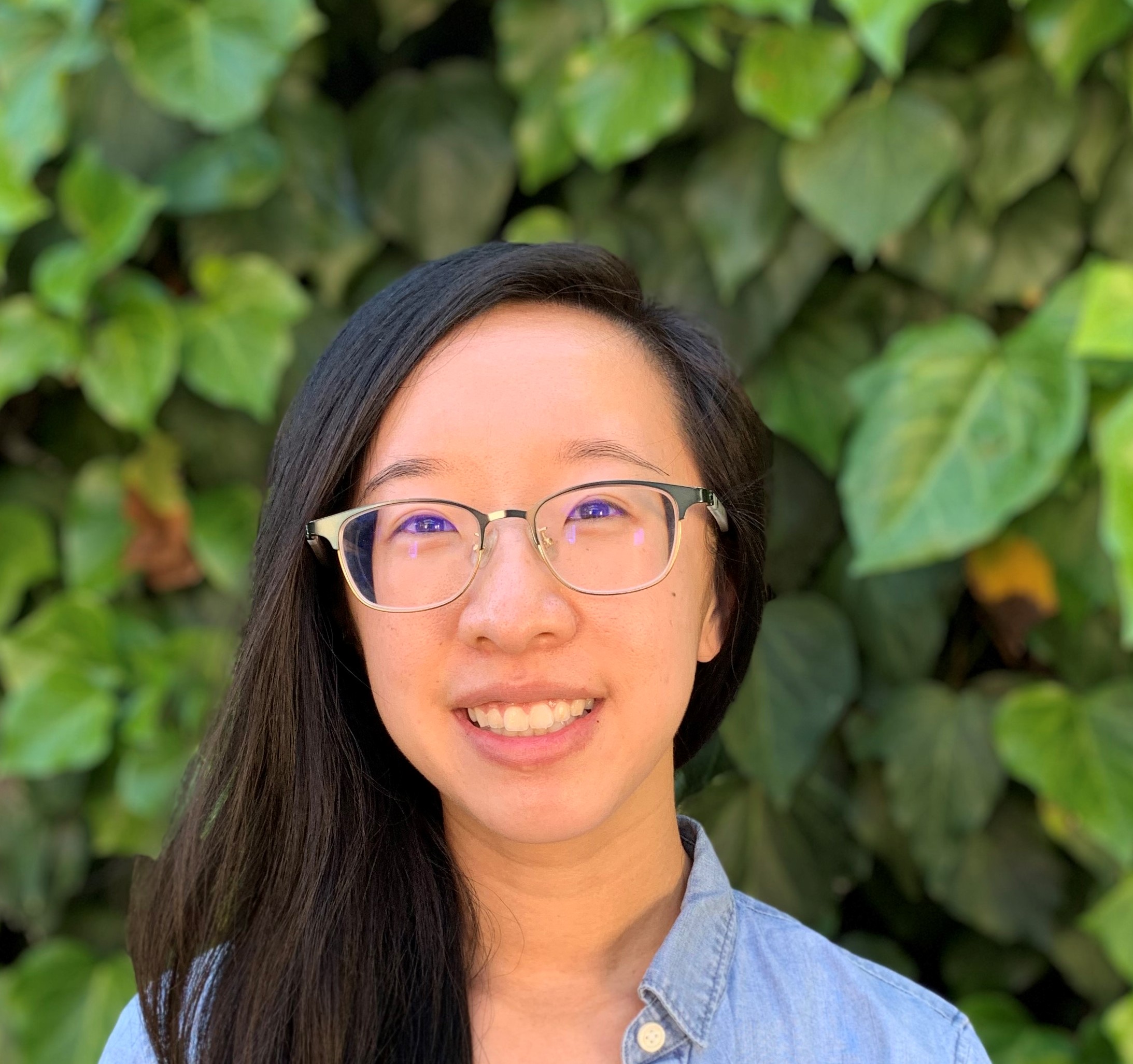 Julie Chang, Stanford University“The ARCS Award will allow me to focus on my PhD studies without worrying about finances. My research focuses on understanding the physics of breast cancer cell migration using 3D hydrogels and time-lapse imaging. The PhD journey itself has been a rollercoaster and I’m excited to finally see the light at the end of the tunnel! After my PhD, I am hoping to land a role as a clinical scientist in the biotech industry in the Bay Area. In this role, I can help analyze and interpret clinical trial data to develop drugs that can cure human diseases. Thank you again for the ARCS award—funding the next generation of scientific thinkers is truly an impactful mission!”
Julie Chang, Stanford University“The ARCS Award will allow me to focus on my PhD studies without worrying about finances. My research focuses on understanding the physics of breast cancer cell migration using 3D hydrogels and time-lapse imaging. The PhD journey itself has been a rollercoaster and I’m excited to finally see the light at the end of the tunnel! After my PhD, I am hoping to land a role as a clinical scientist in the biotech industry in the Bay Area. In this role, I can help analyze and interpret clinical trial data to develop drugs that can cure human diseases. Thank you again for the ARCS award—funding the next generation of scientific thinkers is truly an impactful mission!” -
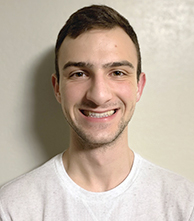 Nicholas Elder, University of California, San Francisco (UCSF)“I am grateful to earn my degree at UCSF which is world-renowned for its stem cell research. Likewise, it has been a pleasure to be supported by the ARCS Foundation and wider community. Research is a costly endeavor and being awarded this fellowship has given me the time and space to focus on impactful research while also sharing it with an interested group of donors and other scholars. The fellowship has also been a reassurance. This fall, my supervisor announced that he was leaving academia for an industry position. As I searched for a new supervisor and lab in which to complete my research, I knew that I had financial support to ease my transition.”
Nicholas Elder, University of California, San Francisco (UCSF)“I am grateful to earn my degree at UCSF which is world-renowned for its stem cell research. Likewise, it has been a pleasure to be supported by the ARCS Foundation and wider community. Research is a costly endeavor and being awarded this fellowship has given me the time and space to focus on impactful research while also sharing it with an interested group of donors and other scholars. The fellowship has also been a reassurance. This fall, my supervisor announced that he was leaving academia for an industry position. As I searched for a new supervisor and lab in which to complete my research, I knew that I had financial support to ease my transition.”
Scholar Research and Accolades
Our scholars and their research are where the vision and work of ARCS Foundation Northern California Chapter are realized. The members of the Northern California Chapter are proud of our scholars and delighted to record their progress and success.
2019 Distinguished Alum Awardee
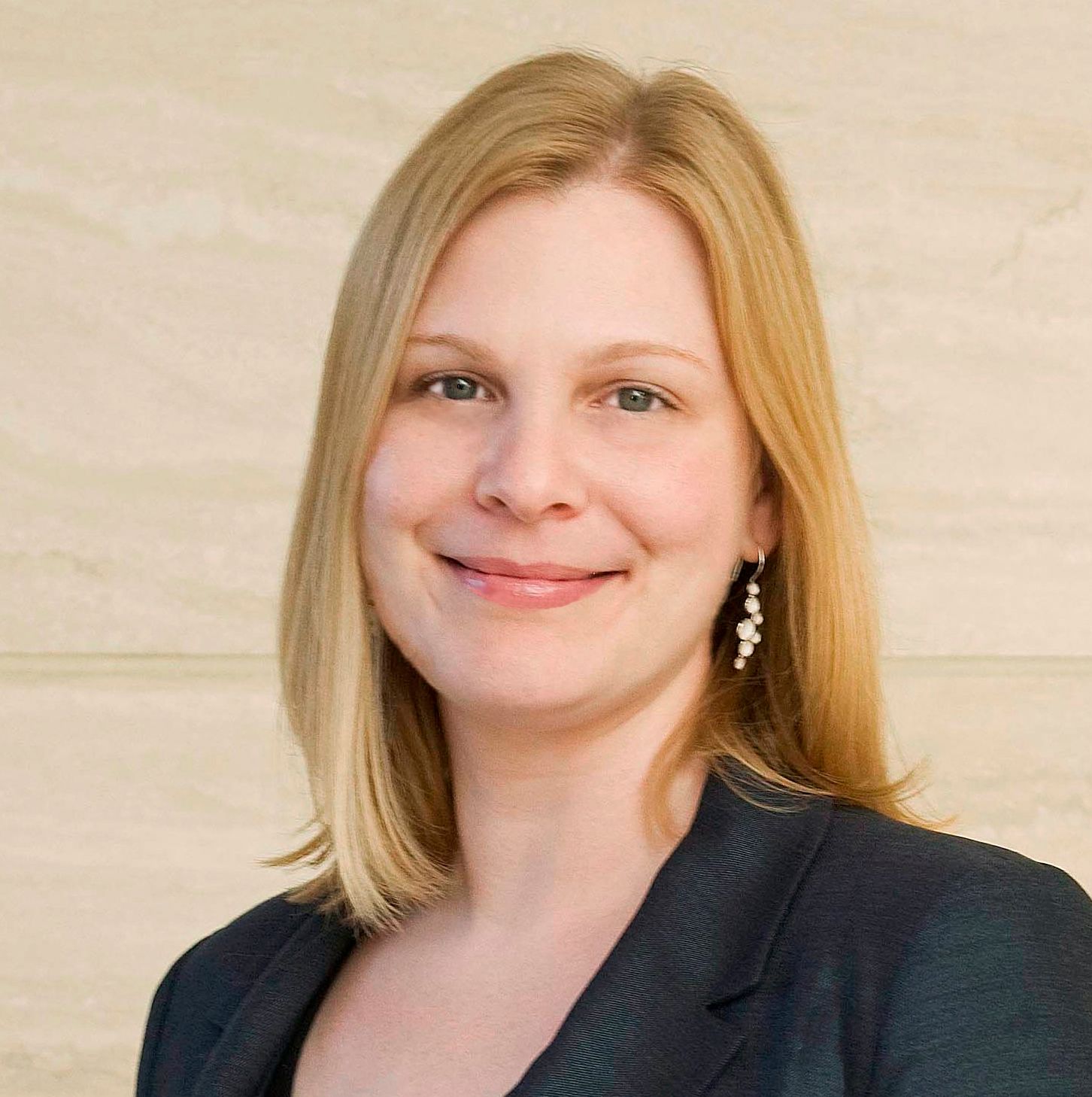
Jennifer Garrison, PhD has been an Assistant Professor at the Buck Institute since 2014, is co-Director of the Buck-USC Biology of Aging PhD Program, and is Faculty Director of the Global Consortium for Female Reproductive Longevity and Equality. Her research focuses on cracking the “black box” of how neuropeptides function in the normal and aging brain. At the Buck Institute, her lab studies how inter-tissue communication, specifically that mediated by the long-range secreted signals called neuropeptides, influences physiology and aging. Understanding how neuropeptide signaling systems are regulated in the brain, how they signal over long distances, and how they change over time is essential for the design of appropriate interventions to delay ovarian aging, to modulate age-related chronic and degenerative conditions, and to treat disorders characterized by behavioral dysfunction.
Dr. Garrison received her BA in Molecular Cell Biology from UC Berkeley, completed her PhD at UCSF in Chemistry and Chemical Biology where she was an ARCS Scholar, and completed a postdoctoral fellowship in Neuroscience at the Rockefeller University. She is the recipient of many awards, including a grant from the National Institute of General Medical Sciences for $2.5 million (dubbed MIRA for “Maximizing Investigators’ Research Award”); was named an Alfred P. Sloan Research Fellow; and received the Glenn Foundation Award for Research in Biological Mechanisms of Aging. She has also been a member of the Next Generation Leaders Advisory Council at the Allen Institute for Brain Science since 2015.
Past Distinguished Alum Awardees
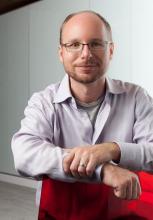
Jeremy Reiter, PhD, MD (1993)
Dr. Jeremy Reiter graduated magna cum laude in Biochemistry from Yale College and completed his PhD and MD in the combined program at UCSF. In 1993, as a young scientist at UCSF, he was an ARCS Scholar; since then, he has mentored many young scientists, including other ARCS Scholars. He has received multiple academic awards, including the Presidential Early Career Award fro Scientists and Engineers, the R.R. Bensley Award in Cell Biology and the ARCS Distinguished Scholar Alumni Award. His current research focuses on how cilia sense cues from other cells to pattern tissues during embryonic development. He and his partner have three children and live in Berkeley.
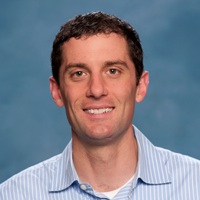 Timothy C. Dunn, PhD (2012)
Timothy C. Dunn, PhD (2012)Timothy C. Dunn, PhD, joined Abbott in 2006. He is an Associate Research Fellow for Abbott Diabetes Care, focusing on products for people with diabetes and their care providers. His major areas of expertise are signal processing, system design, and clinical research data analysis. He has been a key contributor to the development of the data processing algorithms for Abbott’s FreeStyle® Navigator continuous glucose monitoring system. He has presented at several international conferences about the trends and patterns revealed around meals for people with diabetes using the FreeStyle® Navigator device, and their potential impact on therapy choices. Currently he coordinates a cross-functional team to develop analysis software to aid clinicians and patients link diabetes treatment decisions with glucose monitoring results.
Dr. Dunn earned his doctorate in bioengineering from the Joint Graduate Group in Bioengineering at University of California Berkeley and University of California San Francisco, received a Management of Technology certificate from the Haas School of Business, and was an ARCS Scholar 2001-2003. His undergraduate degree from Brown University in biomedical engineering was awarded with honors. Prior to graduate school, he was a research engineer with Cygnus, as a team member that developed the first continuous, non-invasive glucose monitoring device to receive Food and Drug Administration clearance.
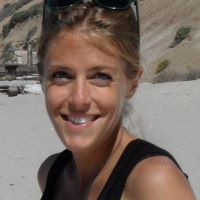 Jenny Jacox (2011)
Jenny Jacox (2011)Jenny Jacox, an ARCS Scholar alumna from the Department of Ocean Sciences at the University of California, Santa Cruz, has a background in identifying and understanding the environmental factors which cause harmful algal blooms (HABs) along the central coast of California. Jenny chose this field of study because it allowed her to both practice research science and facilitate its 'real-world' application; HAB research has broad implications in sectors such as environmental policy, public health protection, and community economics. She began her graduate work with Dr. Ralph Kudela at UC Santa Cruz by assuming ongoing phytoplankton monitoring at Santa Cruz Wharf. Her monitoring ‘bloomed’ into a public reporting site and, subsequently, a statewide monitoring and reporting network. After earning her PhD, Jenny worked at the intersection of science-informed-policy and management at the San Francisco Bay Conservation and Development Commission.
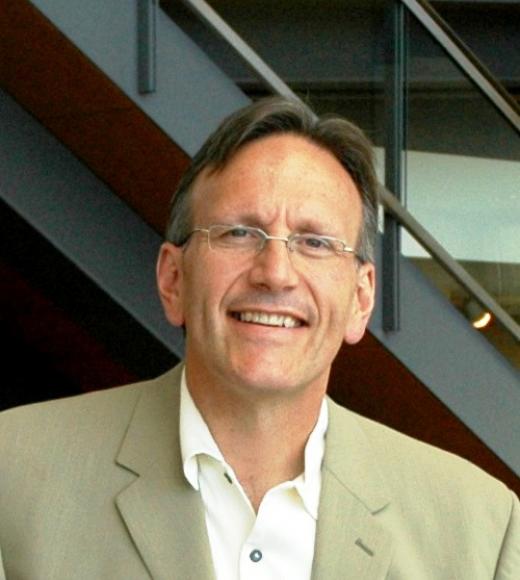
George R. Mangun (2010)
George R. Mangun, of the Division of Social Sciences at UC Davis, and Professor of Psychology and Neurology, an international leader in cognitive neuroscience, received his Ph.D. in 1987 from the University of California, San Diego. He began his professorial career in 1990 at Dartmouth College and Medical School in the Program in Cognitive Neuroscience, where he also served as director of the graduate program. In 1992, he joined the Psychology Department at UC Davis as one of the founding faculty members of the Center for Neuroscience. He taught sensation, perception and cognitive neuroscience, developing new courses at the undergraduate and graduate levels, and serving as head of the Perception and Cognition Area of the Psychology Department.
In 1999, he was tapped by Duke University to found and direct the interdisciplinary Center for Cognitive Neuroscience. At Duke, he established one of the nation’s most prominent programs for the study of the human brain and mind, recruiting award-winning scholars and developing a strong new graduate training program in cognitive neuroscience. Mangun was recruited back to UC Davis in 2002 to found the Center for Mind and Brain, a major new campus initiative, which he directed until 2009. The center now comprises seventeen faculty laboratories that are supported by more than $16 million in federal and private grants addressing a range of scientific questions at the cutting edge of mind and brain research in health and disease (see http://mindbrain.ucdavis.edu/).
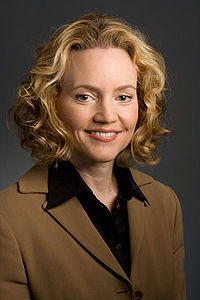 Kim Polese (2008)
Kim Polese (2008)Kim Polese was an ARCS Foundation Scholar while she earned a B.S. in Biophysics at the University of California at Berkeley in 1983. She established her professional reputation as Product Manager for Sun Microsystems, Inc. and was a major player in the development and marketing of its Java programming language. She served as Chairman and Chief Strategy Officer of Marimba, a leading provider of internet infrastructure management solutions, which she co-founded in 1996. Currently as CEO of SpikeSource, she is responsible for guiding the company's business vision, whose goal is to enable businesses to harness the power of open source as a flexible, reliable and cost-effective solution for business-critical needs.
Chris McCarthy (2007)
Chris McCarthy graduated from the University of California at Berkeley in 1991 with majors in Astronomy and Physics and received a Master's in Physics in 1995. It was at SFSU that he began his search for planets under the direction of Professor Geoff Marcy. His research project, supported by ARCS Foundation, helped astronomers to precisely measure the subtle motions of stars with planets, in spite of the complicating motion of our own swiftly turning Earth. After receiving a Ph.D. in Astrophysics from UCLA, he returned to the planet search team, working first with Dr. Paul Butler at the Carnegie Institution of Washington (DC), and later with Professor Debra Fischer at San Francisco State University. His current project is SIM/PlanetQuest, a future NASA mission capable of detecting planets like Earth.
-
